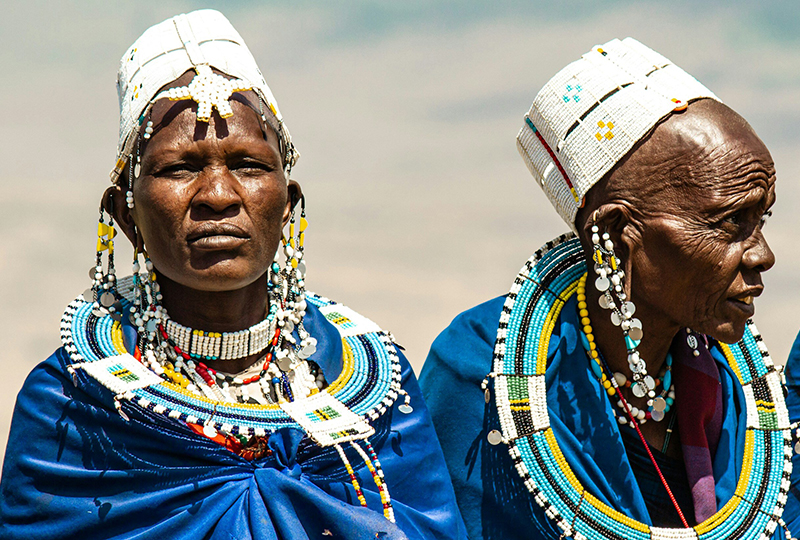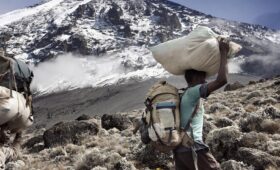Tanzania’s Rich Cultural Diversity Explained
Tanzania isn’t just about breathtaking safaris and iconic landscapes, it’s also one of the most culturally diverse countries in Africa. With over 120 distinct ethnic groups, each with its own language, traditions, and way of life, Tanzania offers travelers an unmatched cultural mosaic to explore.
At Mandari Travel, we believe that true travel is about connection. A cultural tour in Tanzania gives you the chance to experience the rich human tapestry that makes this country so unique.
A Melting Pot of Tribes and Tradition
From the volcanic valleys of the Rift Valley to the coastal villages of the Indian Ocean, Tanzania’s population is made up of ethnic groups that have coexisted for centuries. Here’s a closer look at a few of them:
1. The Maasai
The semi-nomadic Maasai are known for their red shukas, intricate beadwork, and deep-rooted warrior culture. Found mostly in northern Tanzania, they are iconic ambassadors of East African heritage and offer incredible cultural experiences near the Serengeti and Ngorongoro regions.
2. The Chaga
Living on the slopes of Mount Kilimanjaro, the Chaga people are agriculturalists famous for their banana plantations and coffee farming. Their use of ancient underground tunnels and community organization reflect a deep historical and cultural legacy.
3. The Hadzabe
Among the last remaining hunter-gatherers in Africa, the Hadzabe people live around Lake Eyasi. Their language, a click-based tongue, and their nomadic lifestyle offer a rare glimpse into ancient human survival traditions.
4. The Swahili People
Along the coast and islands like Zanzibar, the Swahili culture blends African, Arab, and Persian influences. From coral stone architecture to vibrant music, Swahili culture is rich, elegant, and deeply rooted in trade history.
5. The Sukuma
The largest ethnic group in Tanzania, the Sukuma are known for their dance traditions, especially the famous ngoma drum performances, and storytelling rituals. Many live near Mwanza and the southern shores of Lake Victoria.
Language, Music, and Beliefs
While Swahili (Kiswahili) is the national language, most Tanzanians also speak their mother tongue, preserving linguistic diversity. Music, oral history, dance, and spiritual practices play a central role in community life. Cultural tours offer a respectful way to witness and participate in these traditions.
Why Cultural Diversity Matters to Travelers
Exploring Tanzania’s cultural richness adds depth to your journey. Instead of just observing, you engage, connect, and grow. It’s about seeing how people live, not just where they live.
Discover Cultural Tanzania with Mandari Travel
Our cultural tour packages let you experience the warmth and hospitality of Tanzanian communities firsthand. Whether you’re interested in visiting Maasai homesteads, sharing meals with local families, or joining a traditional dance, Mandari Travel ensures every encounter is respectful and meaningful.
Email: info@mandaritravel
Call/WhatsApp: +255 750 900 811
Request Your Custom Cultural Experience
Fill out the form below and let us help you build a travel itinerary that connects you to the real heart of Tanzania.




